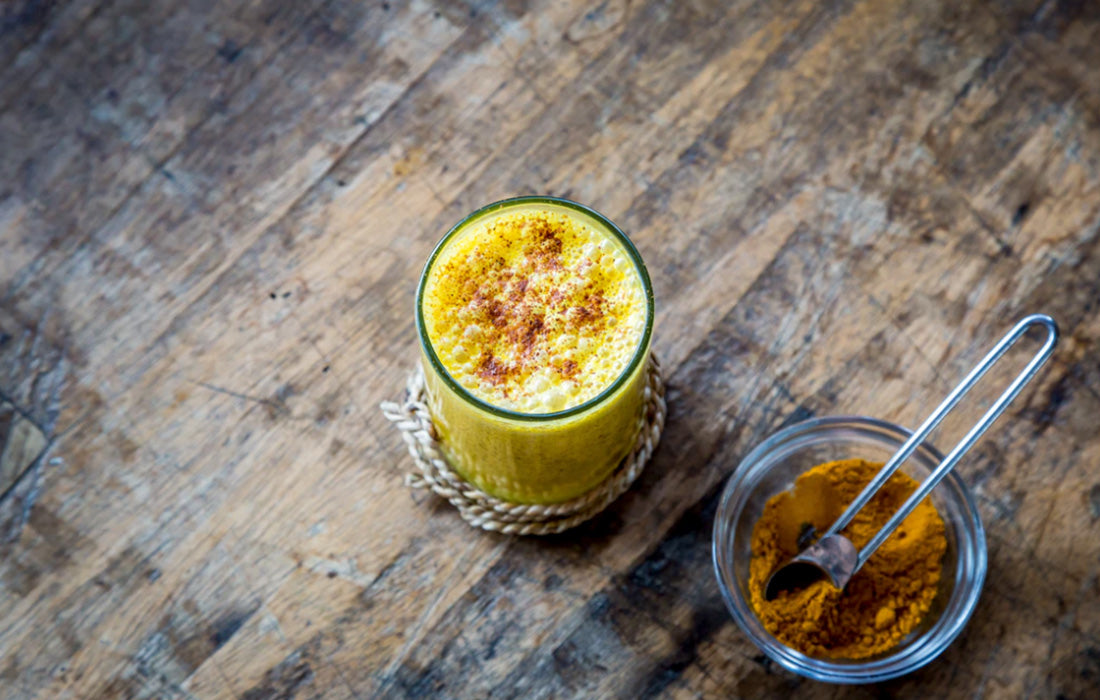Hey guys, welcome back to another edition of 3 Question Friday where our head nutritionist Ben answers his favourite questions that you have been sending in!
Congratulations to Elaine, Matthew and Paula who all won $20 gift vouchers just for asking Ben a question. You can always ask Ben a question at ben@13seeds.com.au
Without further ado, this week’s questions are:
- Elaine: Do you recommend taking hemp seed oil capsules and turmeric/curcumin together?
- Matthew: I am concerned around the goitrogenic effects of cruciferous vegetables on people with thyroid conditions. Could you please explain?
- Paula: I have Haemochromatosis. Is there a way I can consume hemp seeds if they contain iron?
1. Do you recommend taking hemp seed oil capsules and turmeric/curcumin together?
Yes, that should be fine! Both hemp seed oil and turmeric (aka curcumin) are great anti-inflammatory foods. They work on some of the same, but also different inflammatory pathways. Chronic Inflammation can cause pain and is responsible for many chronic health conditions (1). Inflammation is a very complex topic, but I’ll do my best to explain…
Hemp seed oil contains linoleic acid (LA) an omega-6 fatty acid and alpha-linolenic acid (ALA) an omega-3 fatty acid. These essential fatty acids regulate a group of chemicals in the body called eicosanoids, that have both inflammatory and anti-inflammatory properties that are needed in the body. That’s why we need them in the right ratio 3:1 ratio of (LA: ALA) for optimal health that hemp seed oil contains! (2)
Curcumin is the active anti-inflammatory compound in turmeric (you can read all about it in a recent blog post here). Curcumin also acts on eicosanoids (inflammatory chemicals we talked about above), however curcumin also inhibits other inflammatory molecules such as NF-kB, tumour necrosis factor (TNF), and interleukin-12 etc. This can all get a bit sciencey, all you need to know is that it should be fine to take them at the same time!
One thing to consider is that turmeric and curcumin can increase bile secretion. Bile is a fluid that is made and released by the liver and stored in the gallbladder. Bile helps with digestion by breaking down fats into fatty acids, which can be taken into the body by the digestive tract. Speak to your GP before you take curcumin/turmeric if you suffer from a bile-related condition (3).
2. I am concerned around the goitrogenic effects of cruciferous vegetables on people with thyroid conditions. Could you please explain?
Great question Matthew! Cruciferous vegetables include veggies such as broccoli, cauliflower, kale, and cabbage. I wrote a new blog this week about the amazing health benefits of cruciferous vegetables due to a compound called sulforaphane (a type of glucosinolate) that you can learn about here.
Your thyroid’s main responsibility is looking after your metabolism. Your thyroid uses iodine for normal production of thyroid hormones and if there isn’t enough iodine in your body your thyroid hormones can have issues. Glucosinolates and other chemicals found in these veggies are considered goitrogens that can interfere with the production of thyroid hormones, mostly by disrupting your thyroid’s use of iodine. There is some evidence supporting these claims (4).
More recent evidence suggests that goitrogens may only be a problem when someone is iodine deficient (which is quite rare) and cruciferous vegetables have shown to have no effect on thyroid function (5)(6)(7). Cooking cruciferous can also help to reduce goitrogens.
There are certain cruciferous vegetables such as collards, brussels sprouts, and Russian kale that contain larger amounts of goitrogens that could potentially decrease iodine uptake by the thyroid that may be of some concern (8).
The bottom line is, that cruciferous vegetables probably don’t affect the thyroid as much as we once thought. However, while iodine deficiency is rare, it’s probably best to consult with your GP to monitor your thyroid hormones if you suffer from a thyroid disorder and want to eat cruciferous vegetables or supplement with sulforaphane.
3. Paula: I have haemochromatosis. Is there a way I can consume hemp seeds if they contain iron?
Haemochromatosis is a common inherited disorder, that causes the body to absorb more iron than usual from food. This can lead to symptoms such as fatigue, weakness, and pain. Treatment includes regularly removing blood until iron levels normalise.
Our hemp hearts are a great source of iron that contain approximately 10mg of iron per 100g. This is roughly more than half your daily iron intake, which is awesome for most individuals. However, this could be a bit of an issue for someone with haemochromatosis.
The good news is that our hemp seed oil contains little to no iron at all. So, this would be a better way to get hemp into your diet if you have haemochromatosis (9).
If you have any questions or need support for your health, feel free to email our head nutritionist Ben at ben@13seeds.com.au
Disclaimer:
This article does not constitute medical advice and does not take into consideration your personal circumstances. Please see your medical professional before implementing the above.
References:
- https://www.ncbi.nlm.nih.gov/pmc/articles/PMC6473051/
- https://www.tandfonline.com/doi/abs/10.1300/J133v02n04_04
- https://www.sps.nhs.uk/articles/turmeric-potential-adverse-effects-and-interactions/
- https://www.sps.nhs.uk/articles/turmeric-potential-adverse-effects-and-interactions/
- https://www.ncbi.nlm.nih.gov/pmc/articles/PMC6422739/
- https://pubmed.ncbi.nlm.nih.gov/16965241/
- https://pubmed.ncbi.nlm.nih.gov/16965241/
- https://academic.oup.com/nutritionreviews/article/74/4/248/1807251?login=true
- https://www.betterhealth.vic.gov.au/health/conditionsandtreatments/haemochromatosis







